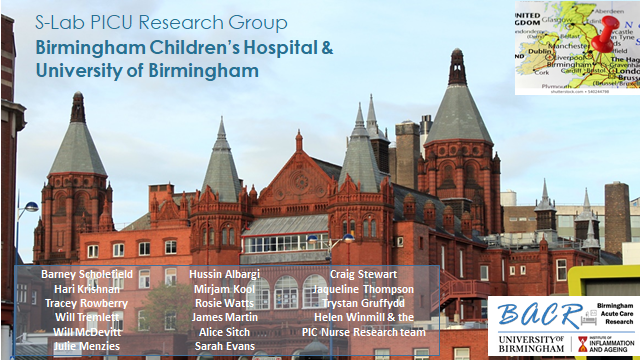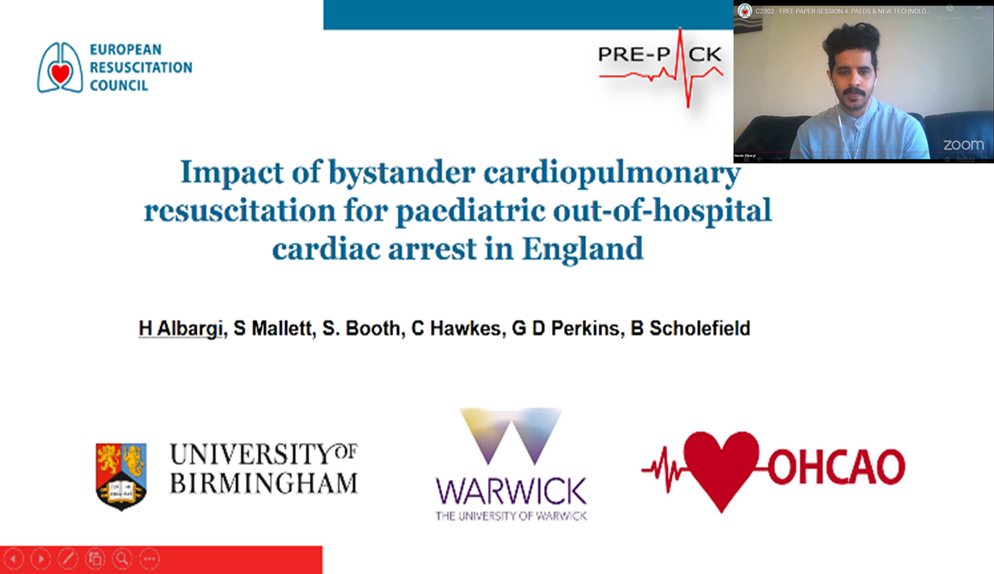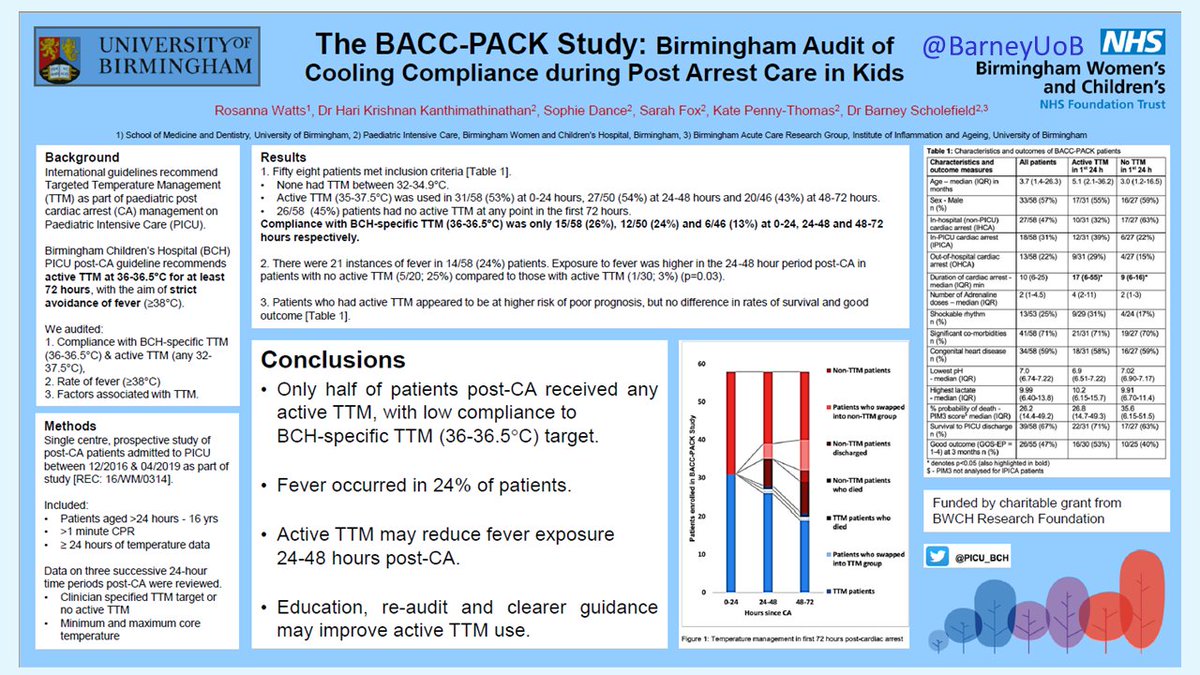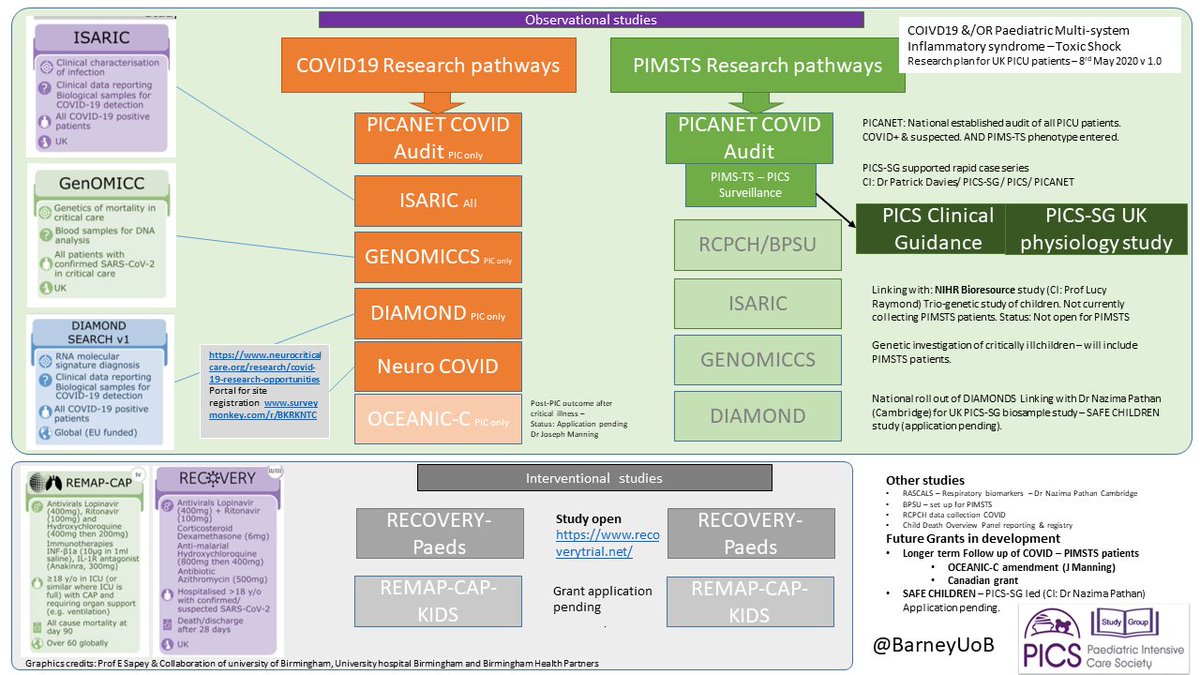Alex1Powell Categories Health
One philosophy for conflict resolution within psychology is that there are three main priorities you can have in a conflict: respecting yourself, maintaining a good relationship with the other person, or getting a task done. (Reference: these DBT skills https://t.co/C7CAlDaE5A )
Most people want to do all three, and you can, but the idea is it can be unrealistic to get all three goals accomplished perfectly-- maybe it's worth thinking about which goals matter most to you right now, in this scenario and relationship, and which you're willing to sacrifice.
To respect yourself, these are good guidelines to prioritize:
1 Keep fairness strongly in mind.
2 Be wary of apologizing. Think hard before offering any apology-- do you really need to say sorry here?
3 Keep in mind what you value.
4 Stick to being truthful, even if you're angry.
To maintain a relationship, keep these in mind:
1 Be gentle, not aggressive.
2 Ask questions, be actively interested in their opinions.
3 Actively validate the way they feel.
4 Have an easy manner. Watch your tone of voice & body language. It's not all about what you're saying.
I'm finishing up my dissertation now and am on the US post-doc market in clinical psychology so I'd appreciate any leads.
My interests are reinforcement sensitivity, depression/anxiety, and LGBTQ+ mental health.
Shameless thread of recent accomplishments below:
First of all, feel free to visit my website at https://t.co/DK3AaqgRJ4 for my CV and online lectures and articles. Here are twitter threads about some of them from this past year
Here's a meta-analysis on bipolar disorder and reinforcement sensitivity
New meta-analysis on bipolar disorders and reinforcement sensitivity, now online at CPR! \U0001f483\U0001f9d1\u200d\U0001f52c\U0001f483
— Benjamin Katz (@DrBenKatz) November 30, 2020
Shareable link, postprint, sup. materials, data & syntax at the end of the summary thread!
(1/n) pic.twitter.com/A1rFlvveW4
Here's a meta-analysis on depression, anxiety, and reinforcement sensitivity
NEW ARTICLE IN CLINICAL PSYCH REVIEW!
— Benjamin Katz (@DrBenKatz) March 14, 2020
Read on for a thread about a meta-analysis of 253 studies (639 effect sizes) on self-report reward/punishment sensitivity (BAS/BIS), depression and anxiety
Postprint, syntax, data, etc linked further down
(1/9) pic.twitter.com/qOtFj5OFwO
Here's a new tool for implicitly measuring
NEW ARTICLE!
— Benjamin Katz (@DrBenKatz) April 23, 2020
Thread below describes our most recent validation study of the questionnaire-based Implicit Association Test. Postprint, open data and shameless plug for my website at the end of the thread... (1/n) pic.twitter.com/p45gQdpkqz
Our latest editorial https://t.co/tnJnSMe1UN reports the context and outcome of our investigation on this paper https://t.co/l1GBwoGmon on mentorship, and explains changes to our editorial processes.
— Nature Communications (@NatureComms) December 21, 2020
1. The gender analysis was "only meant to be exploratory” and used techniques that “cannot be claimed to establish causality” but causal inferences were made anyway.
Causal claims were justified by pointing out that other people do it too. "While this technique does not establish the existence of a causal effect, it is commonly used to infer causality from observational data."
But we wanted to share the 10 reasons we are proud of 2020 by the S-Lab research group of @PICU_BCH & @BacrUob @unibirmingham
AND to say a HUGE 'thank you' to everyone who has made this possible #teamscience #PedsICU #2020

1)In the last 12 months we have built up a team of Neuro-critical care, resuscitation science, early rehabilitation and COVID19/PIMS-TS researchers for in Birmingham to improve the lives of critically unwell children. Currently called the S(cholefield)-Lab pending a better name!

2)In 2020 we watched our early career researchers shine
Hussin Albargi @AlBaRqi14 (PhD student: paediatric prehospital cardiac arrest)
Mirjam Kool @mirjam_kool (ACF – post-arrest #TTM Intra-arrest physiological monitoring @ILCOR) & 1st publication! https://t.co/9PIOYh8hub

c. Rosie Watts (Med student - BACC-PACK audit of #TTM @PICU_BCH and our need to improve quality of #TTM).
d. Trystan Gruffydd @TrystanGruffydd (BMedSci student – GCS prognostication post-TBI @ISPNeurosurgery ). & many more stars of the future

3) We fought💪with the world against #COVID19
Helped co-ordinate UK @PICSociety involvement in #NIHR & UK #COVID19 / #PIMSTS research. Local PIs to @GenomiccStudy @RecoveryICU
https://t.co/XfdUtytsqI

This paper by Abenavoli was actually pub. in 2019, but I didn’t see it til Jan. My view is that improving outcomes for #devlangdis #DLD requires improved early years provision. However, even for the best programmes, positive effects fade out over time.
The paper provides a useful summary of why that might be and what we can do to address this – hint: we can’t just focus on early intervention, but need to know what comes next. 3/
This paper was written by some of my favourite people and SCALES collaborators. I like it because it is a rare paper that attempts to understand how differences in school placement might affect outcomes. https://t.co/qq1cWHwDA4 4/
I often get asked about this WRT #DLD, but it is hard to say b/c school places are not randomly allocated – they are influenced by child and family characteristics. Th paper by Simonoff et al. gives me some ideas of how we might approach similar questions in SCALES. 5/


















